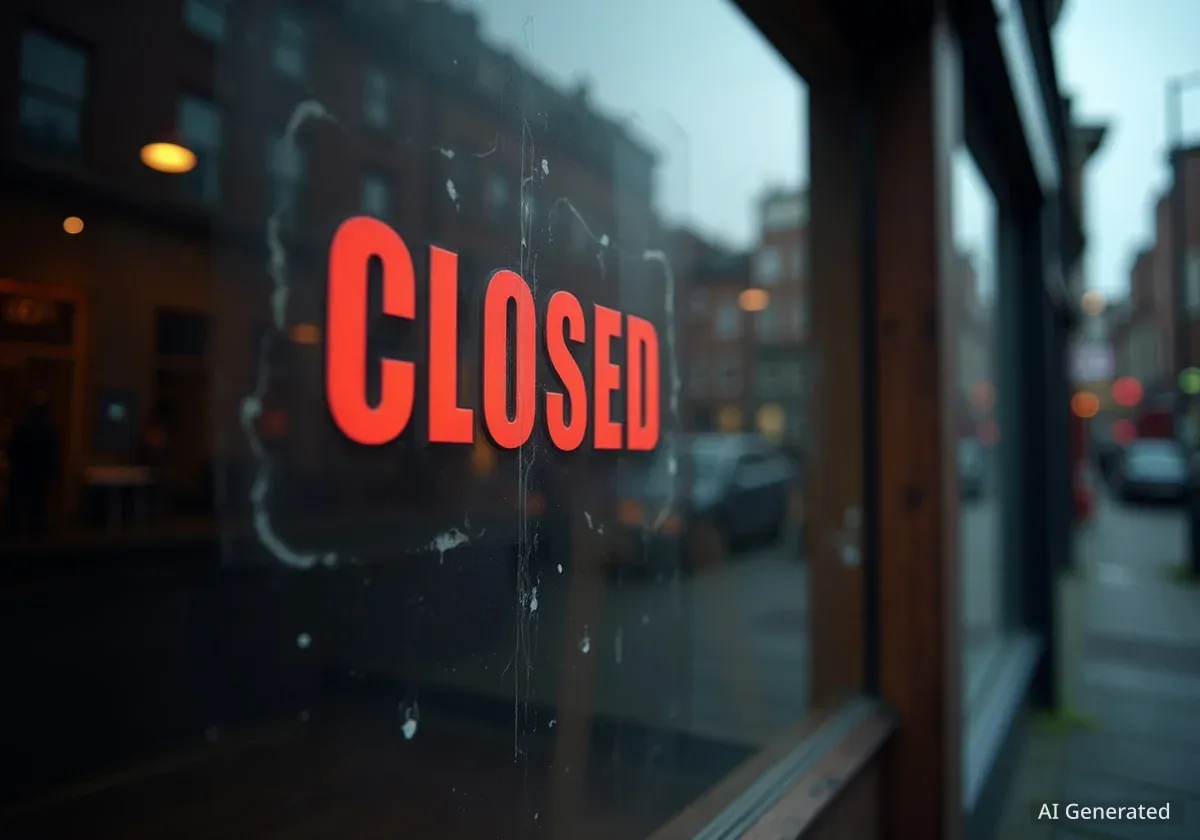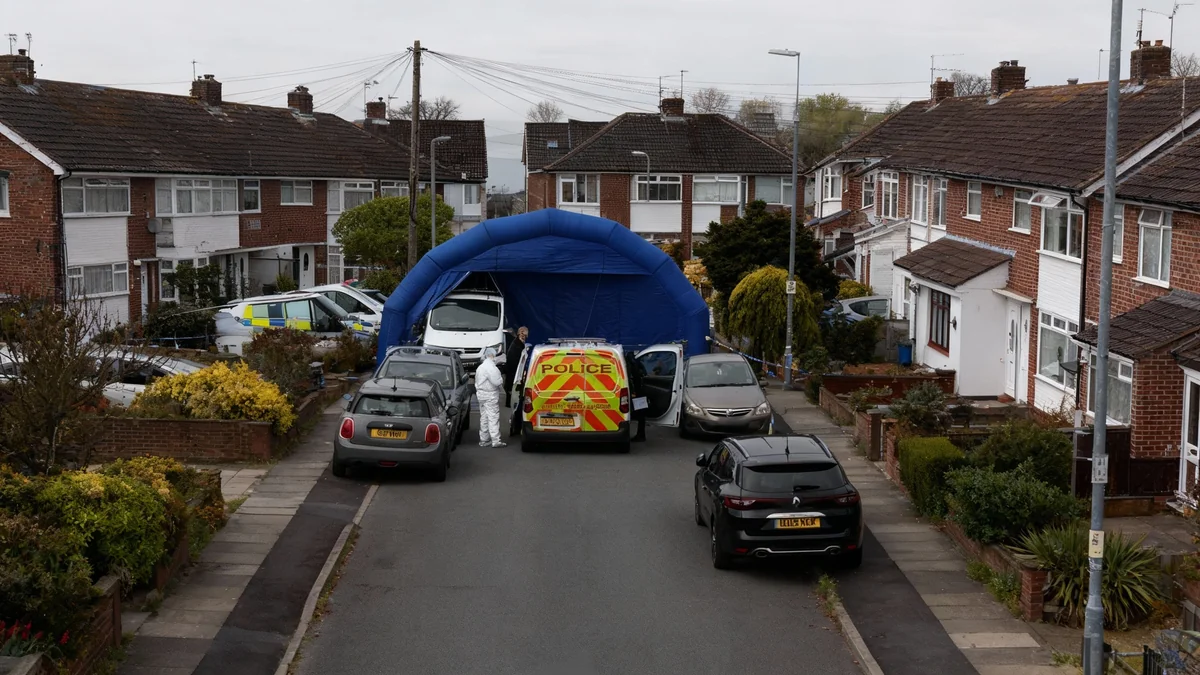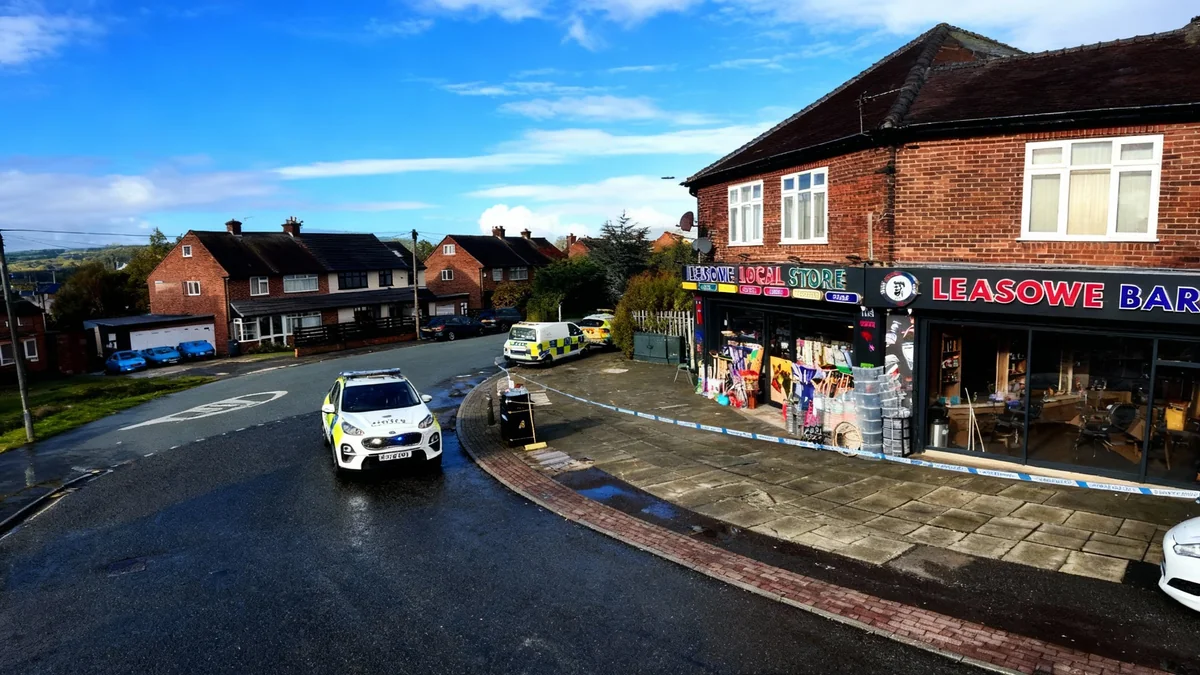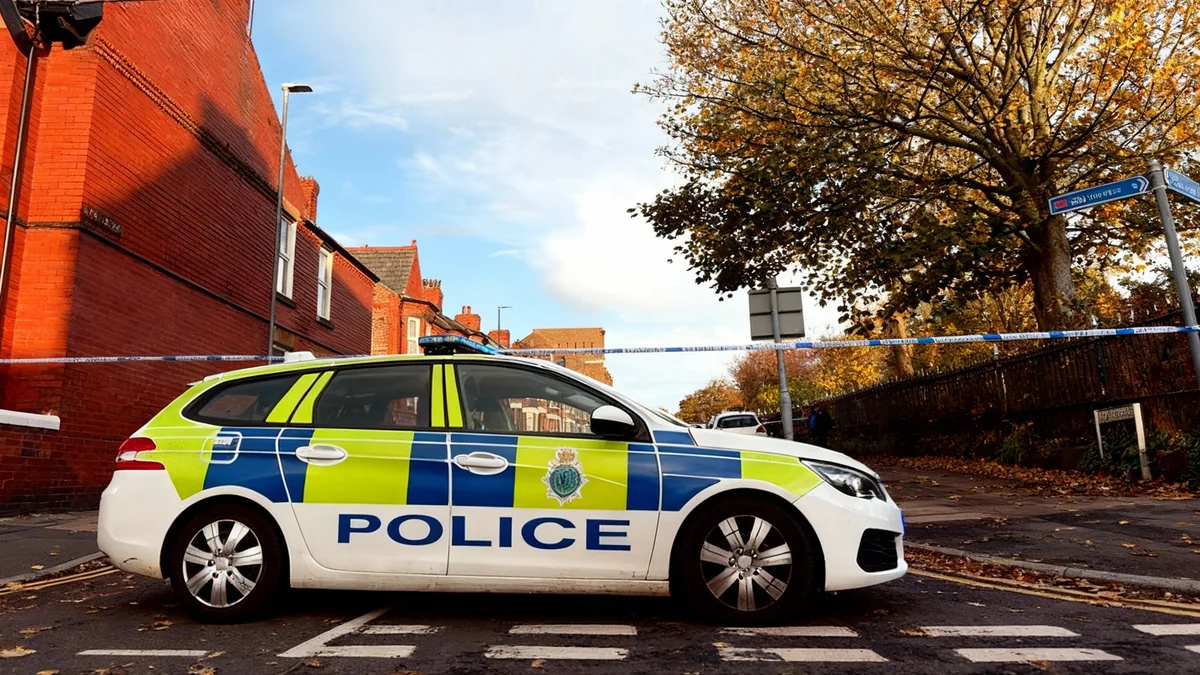Westcott Factory Meats, a well-known butcher shop in Liverpool, has closed its doors permanently. Owner Carl Hayes cited a significant increase in shoplifting and rising operational costs as key reasons for the decision. The closure, which took effect on October 8, resulted in 12 staff members losing their jobs.
Key Takeaways
- Westcott Factory Meats in Liverpool has ceased operations.
- Owner Carl Hayes attributed the closure to increased shoplifting and rising business expenses.
- The business laid off 12 employees.
- Shoplifting incidents, including thefts of expensive cuts, became a weekly occurrence.
- Rising costs for business rates, national insurance, and electricity also played a role.
Shoplifting Incidents Surge
Carl Hayes, who has worked in the meat industry for over three decades, described the current level of shoplifting as the worst he has ever seen. He noted that thieves were acting with increasing boldness, taking high-value items directly from the shop floor.
Hayes detailed specific incidents where large quantities of meat were stolen. "We had one the other week where a guy took a big bag of legs of lamb. It was a Saturday morning, we were busy, loads going on, but he just walked out," Hayes stated. This type of theft became a regular problem for the business.
Fact: Retail Crime Impact
According to the British Retail Consortium's 2023 Retail Crime Survey, retail crime cost businesses approximately £1.7 billion in the UK during 2022-2023. This figure includes £953 million in direct losses from customer theft and £792 million in crime prevention spending.
Cost of Security Measures
To combat the rising theft, Westcott Factory Meats previously employed a security guard for a few days each week. However, Hayes explained that this measure added a significant financial burden to the business. The cost of maintaining security became unsustainable, especially as the problem continued to escalate.
"We used to have a security guard a couple of days a week, but again, that comes at a cost that you've got to put into the business. But it's worse now. In the last six, nine months, it's the worst it's ever been," Carl Hayes said.
The owner emphasized that the frequency and audacity of thefts had reached an unprecedented level in recent months. This consistent loss of inventory directly impacted the shop's profitability and long-term viability.
Rising Business Expenses
Beyond the issue of shoplifting, Westcott Factory Meats faced a difficult economic climate. Hayes pointed to several other increasing costs that contributed to the closure. These included higher business rates, increased national insurance contributions, and escalating electricity bills.
These combined pressures made it challenging for the business to remain profitable. The rising cost of goods, particularly meat prices, also presented a significant hurdle. This was highlighted in a social media post from the business, which expressed deep regret over the closure.
Economic Pressures on Small Businesses
Small and medium-sized enterprises (SMEs) across the UK have reported facing significant financial strain due to inflation and increased operating costs. Data from the Federation of Small Businesses (FSB) indicates that energy costs, supply chain disruptions, and labor expenses continue to be major concerns for many independent retailers.
A Decade of Operation Ends
Westcott Factory Meats began its journey as a market stall at Stanley Meat Market in Old Swan in 2012. After building a customer base, the business expanded, moving to its permanent premises on Smithdown Road in 2017. For eight years, the shop served the local community, becoming a familiar presence.
The final day of trading for Westcott Factory Meats was October 8. The closure means that 12 individuals are now without employment. Hayes expressed his view that his business is not alone in facing these challenges.
"We're just one of thousands of businesses that are suffering in the same way," he commented, reflecting on the broader difficulties faced by independent retailers in the current economic environment. The shop's closure underscores the complex pressures affecting local businesses in Liverpool and beyond.
Community Reaction and Broader Impact
The news of Westcott Factory Meats' closure prompted reactions from the local community. Many customers shared their sadness on social media platforms, highlighting the loss of a local amenity and the impact on a long-standing business.
The closure of independent businesses like Westcott Factory Meats often leaves a void in local high streets. These shops provide unique products, personalized service, and contribute to the character of a neighborhood. Their disappearance can lead to fewer choices for consumers and a reduction in local employment opportunities.
- Loss of Local Choice: Customers lose access to specialized products and services.
- Economic Ripple Effect: Closure impacts local suppliers and other businesses in the area.
- Community Hub: Independent shops often serve as important social points for residents.
The situation at Westcott Factory Meats reflects a national trend where small businesses grapple with a combination of factors, including rising operational costs and increased instances of retail crime. Government and local authorities continue to explore measures to support these vital community enterprises.





